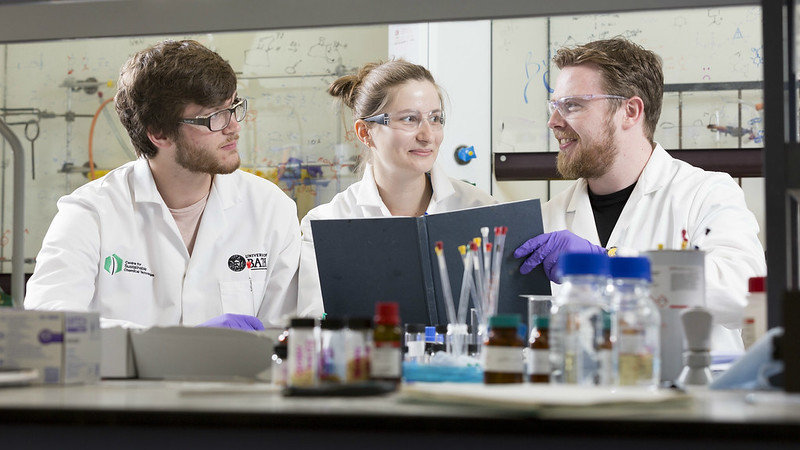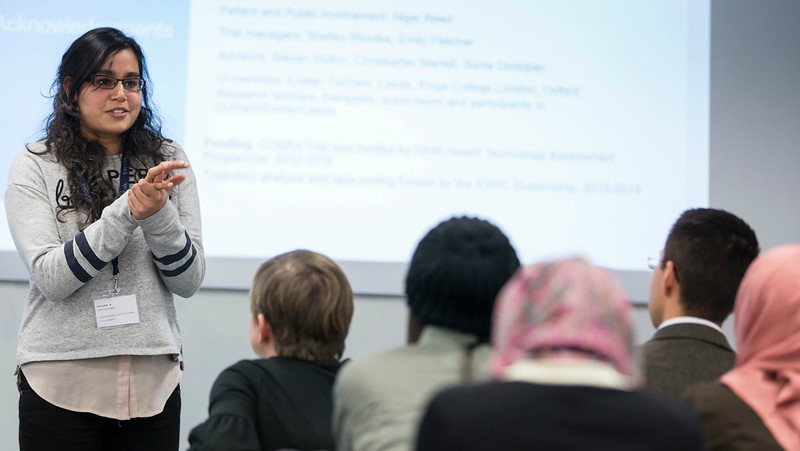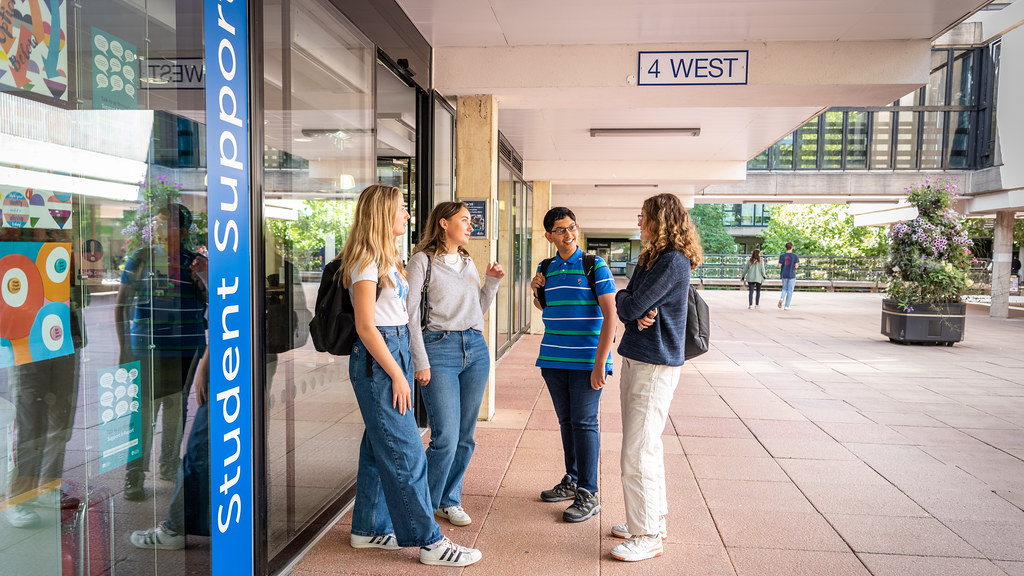
Faculty of Engineering and Design
- New Faculty Research Culture Awards are being introduced, which are open to doctoral students and staff (Faculty of Engineering and Design).
- All researchers are invited to monthly ‘Pizza and Poster’ events in the newly established E-Hub meeting room (Electrical and Electronic Engineering).
- Project titles and office locations are being added to doctoral student ‘who’s who’ boards (Chemical Engineering).
School of Management
- Re-instituting monthly online HEM research symposia (DBA).
- Introduced a new scheme to match recent DBA graduates with those in thesis phase in a ‘thesis coach’ relationship (DBA).
Faculty of Science
- Re-started the CS student conference (Computer Science).
- Weekly seminar programme for doctoral researchers and postdocs (Life Sciences).
- Doctoral researchers participate in research seminars (attendance; delivering talks; organisation) (Maths).
- Regular research group seminars and journal clubs (Physics).
Faculty of Humanities and Social Sciences
- Integration into networks via in-person and hybrid residentials and workshops (DPRP).
- Book launch events during summer schools and online departmental seminars (EdD).
- Research presentation days and supporting trainees to present at national and international events (DClinPsy).
- Informal online monthly catch up meetings led by students (DHealth).
- Doctoral Co-Convenor added to research groups, bringing a doctoral perspective to strategic decisions (Education).
- Weekly Research Strategy Seminars (Economics).
- Monthly 'Department Rounds' with free lunch (Health).
- Weekly events and research seminars (PoLIS).
- Introduced regular meetings between DOS and student representatives to co-develop ideas for greater and higher quality staff-student interactions and collaborations (Psychology).
- Newsletter with articles and announcements, informal events to encourage interaction (Social and Policy Sciences).
Doctoral College
- Festival of Ideas introduced in collaboration with doctoral students having been awarded an Enhancing Research Culture project.
- Extended coaching scheme, including a number of 'Speed Coaching' events.
- Doctoral Celebration Evening at Komedia hosted doctoral awards, the Three Minute Thesis (3MT®) Competition final and showcased numerous doctoral projects.

